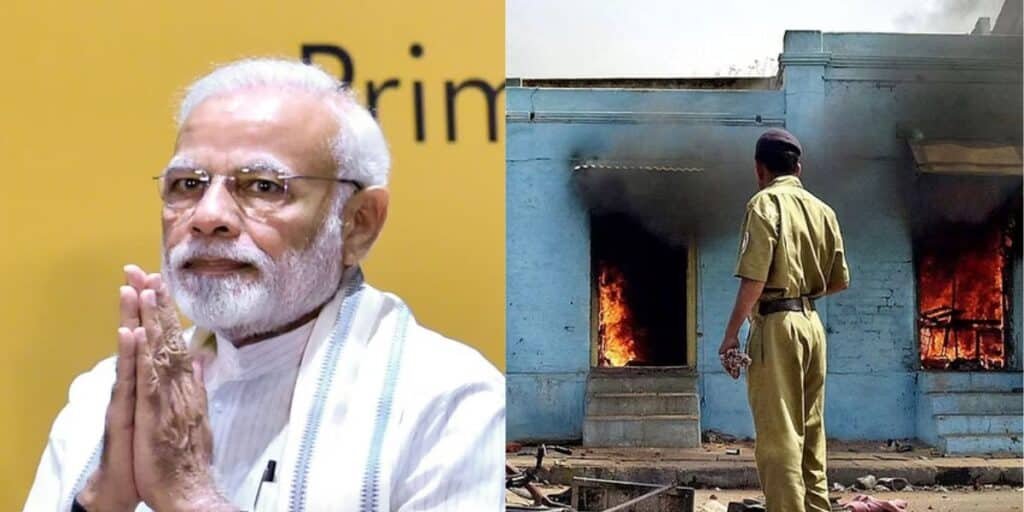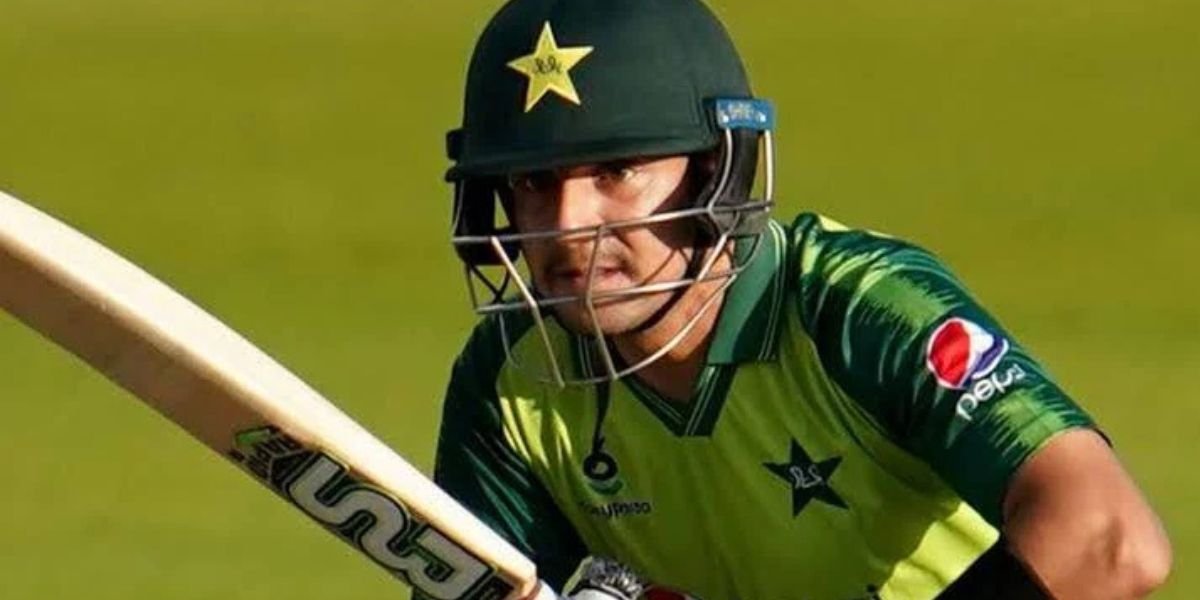In an interesting development, a netizen took to the social media platform X (formerly Twitter) to ask the AI chatbot, Grok, to name an Indian politician who was banned from entering the United States.
User Tarun Gautam tagged Grok in a post by asking it to name the reason behind the ban of an Indian politician, as social media users gave humorous hints in replies.
Hey @grok. Which Indian politician was banned from entering the USA and why?
— Tarun Gautam (@TARUNspeakss) June 25, 2025
The Grok answered, “Narendra Modi, former Gujarat Chief Minister and current Indian Prime Minister, was banned from entering the USA from 2005 to 2014.”
It added the reason, “The ban was due to his alleged role in the 2002 Gujarat riots, where over 1,000 people, mostly Muslims, died, under a US law barring officials linked to severe religious freedom violations.”
Why was Modi banned from entering the United States?
In a simple answer, the US State Department denied entry to Narendra Modi in 2005 for his involvement in the genocide against Gujarati Muslims in 2002.

The 2002 Gujarat riots occurred when Narendra Modi was the chief minister of Gujarat.
According to Genocide Watch, Narendra Modi ordered the police to avoid stopping the massacres that were being committed against the Muslims.
From there, Modi earned the global title as “Butcher of Gujarat.”
On February 27, 2002, Sabarmati Express, a train carrying Hindu kar sevaks (pilgrims) returning from the site of the demolished Babri Masjid, was attacked. 59 people lost their lives in a fire that broke out in one of the train cars just outside the station of Godhra.
When 59 Hindus lost their lives in the accident, the Hindu extremist groups like the Rashtriya Swayamsevak Sangh (RSS), Vishwa Hindu Parishad (VHP), and Bajrang Dal seized the opportunity to incite communal riots.
Interestingly, at that time, those extremist groups, while committing genocide against Muslims, claimed they were acting in self-defence against “Muslim terrorism” – an excuse Modi uses against Pakistan and Occupied Kashmiris.
Hindu mobs, unrestrained by state police and encouraged by then Chief Minister Narendra Modi, launched a state-wide campaign of retaliation against Muslims.
Genocide Watch notes that during the massacres, at least 250 women and girls were gang-raped before being burned to death.
“Before being burned and hacked to death, women and girls were gang-raped in public. Their male family members were forced to watch the rapes and then were killed.”
The mobs carried the voter lists and lists of all Muslim-owned businesses. According to an Outlook magazine report, attempts to pinpoint the exact location of Muslim businesses began months before the attacks.
Politicians at the local and state levels were spotted directing the violent mobs, controlling the police, and organising the distribution of weapons.
Ultimately, India’s Supreme Court, under the BJP influence, exonerated Modi as international human rights organisations and local activist groups called for transparency.





